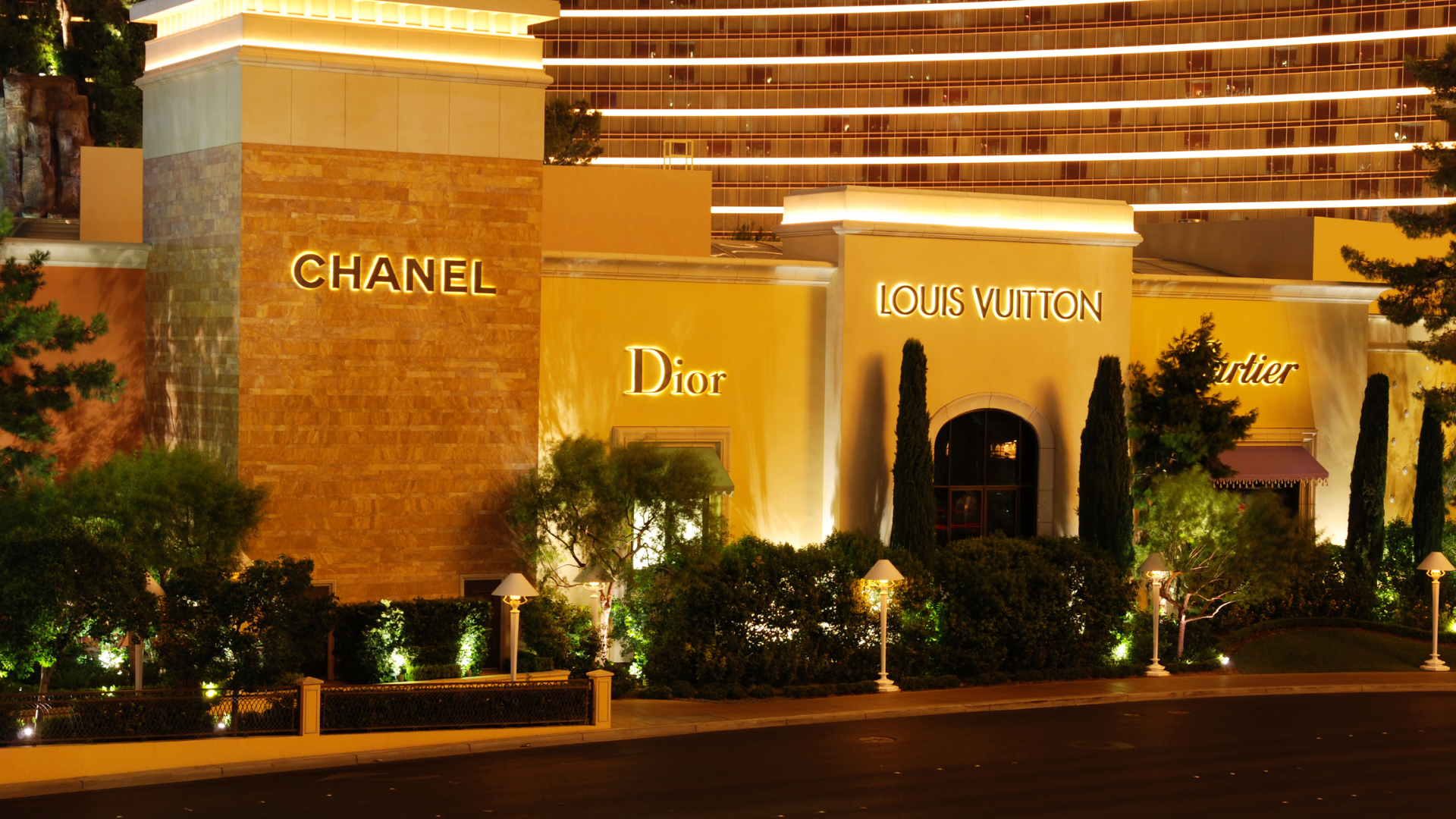
LVMH's Strategy Amidst Economic Slowdown: Price Hikes Despite Declining Sales
LVMH Moët Hennessy Louis Vuitton reported a modest 3% growth in organic sales for the first quarter of 2024, marking its slowest performance since the onset of the pandemic in 2020. This slow growth reflects broader trends of economic slowdown, shifting consumer preferences, and logo fatigue. Despite the underwhelming performance, LVMH maintains high pricing on luxury goods like the iconic Louis Vuitton Speedy 25, focusing on the exclusivity and allure of its brands. The company is steering clear of price cuts, opting instead to weather the downturn with strategic patience. While some segments like perfumes and cosmetics saw growth, others like jewelry and wine saw declines. LVMH remains optimistic about the future appeal of its key brands such as Louis Vuitton, Dior, Celine, and Fendi, anticipating a recovery in luxury spending as economic conditions improve.
#LVMH, #LuxuryGoods, #EconomicTrends, #BusinessStrategy, #BrandManagement, #LuxuryFashion, #MarketInsights, #ConsumerBehavior, #PriceStrategy, #EconomicOutlook

The Strategic Play of Luxury Houses: Investing in Prime Real Estate
In the dynamic intersection of luxury fashion and high-value real estate, top luxury conglomerates like LVMH and Kering are strategically investing in prime locations to enhance their brand presence and control over their retail environments. Ownership of prestigious properties not only serves as monumental branding platforms in global capitals but also supports expansion into luxury hospitality, adding layers to their brand experiences. This trend underscores real estate's role as a crucial asset in the luxury sector, promising substantial returns and reinforcing brand prestige in competitive markets.
#LuxuryRealEstate, #FashionIndustry, #BrandStrategy, #InvestmentTrends, #LuxuryBrands, #PrimeLocations, #RealEstateInvestment, #LuxuryFashion, #BrandBuilding, #GlobalMarkets

The Shifting Sands of Luxury E-Commerce: A New Dawn for Fashion Retail?
The luxury e-commerce sector is experiencing a significant transformation as once-dominant players like MatchesFashion face bankruptcy, and giants such as Farfetch and Yoox Net-a-Porter grapple with financial instability. This upheaval has prompted fashion brands to reconsider their reliance on third-party e-commerce platforms, pushing them towards direct-to-consumer models and innovative retail strategies. For investors, it's a wake-up call to reassess the sustainability and management of their e-commerce ventures, while consumers may see a shift towards more curated, personalized shopping experiences. This period of adjustment represents a crucial turning point for the luxury retail industry, as it seeks to adapt to new market dynamics and consumer expectations.
#LuxuryEcommerce, #FashionRetail, #MarketCorrection, #DirectToConsumer, #InvestmentStrategy, #ConsumerBehavior, #EcommerceTrends, #RetailInnovation, #LuxuryFashion, #IndustryTransformation

The Rise of Under-the-Radar Fashion Brands Among the Discerning Elite
As luxury fashion prices skyrocket, a discernible shift is occurring among the elite, who are increasingly embracing under-the-radar fashion brands over traditional high-end labels. Driven by a desire for unique, high-quality pieces that offer value without the exorbitant price tag, consumers are seeking out alternative brands that prioritize craftsmanship and original design. This trend not only challenges the status quo of luxury fashion but also highlights a broader change in consumer values towards sustainability, individuality, and the pursuit of personal style over brand prestige.
#LuxuryFashion, #SustainableStyle, #UnderTheRadarBrands, #FashionTrends2024, #CraftsmanshipInFashion, #ValueOverPrice, #UniqueFashionFinds, #ConsumerShift, #EcoChic, #PersonalStyleRevolution

Missoni Strengthens Legacy with Strategic Acquisition of Tricotex
Missoni has strategically acquired Tricotex Srl, a key supplier known for its specialized Raschel knit fabrics, essential to Missoni's signature zigzag patterns. This move is part of Missoni’s effort to maintain control over its supply chain, ensuring the quality and sustainability of its iconic designs. By integrating Tricotex, Missoni reinforces its commitment to Italian craftsmanship and sets the stage for future growth, reflecting a broader trend in the luxury fashion industry towards safeguarding artisanal heritage and production capabilities.
#Missoni, #Tricotex, #LuxuryFashion, #ItalianCraftsmanship, #SustainableFashion, #FashionMergers, #KnitwearInnovation, #MadeInItaly, #FashionNews